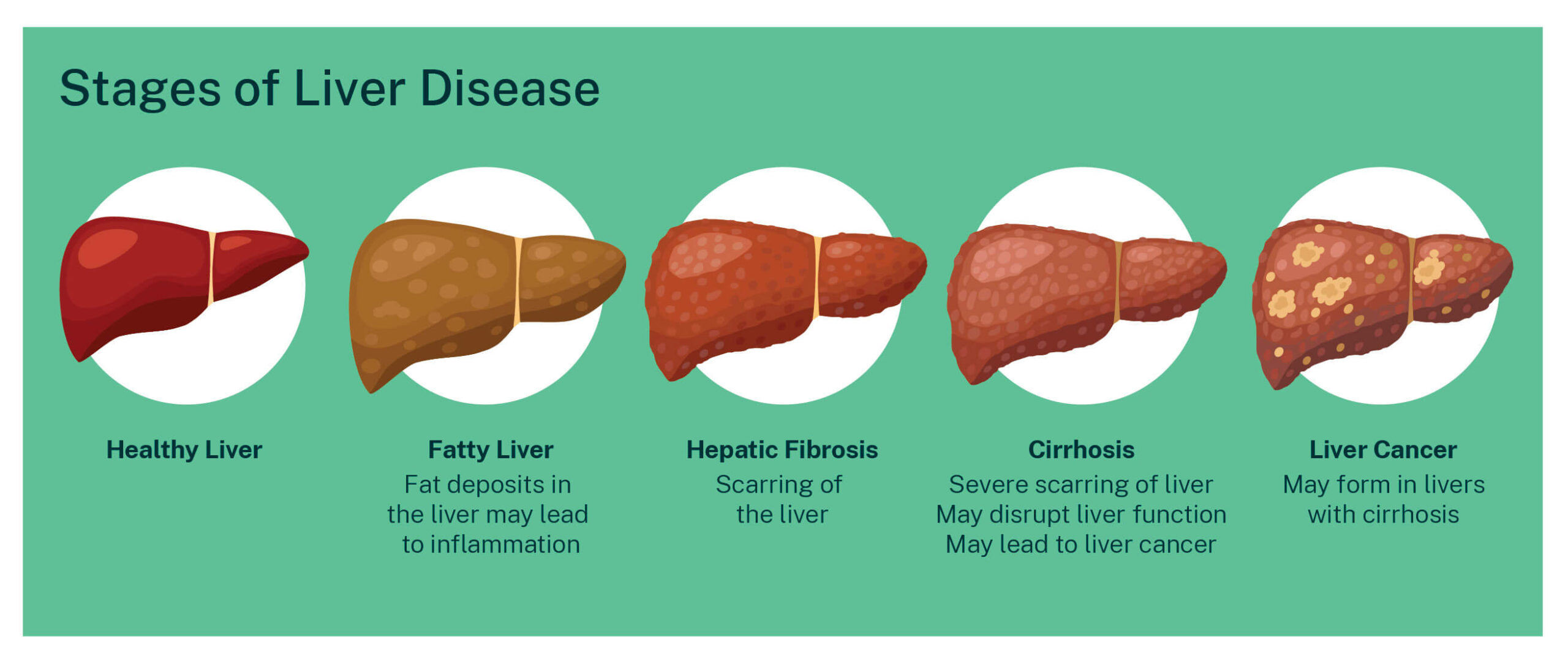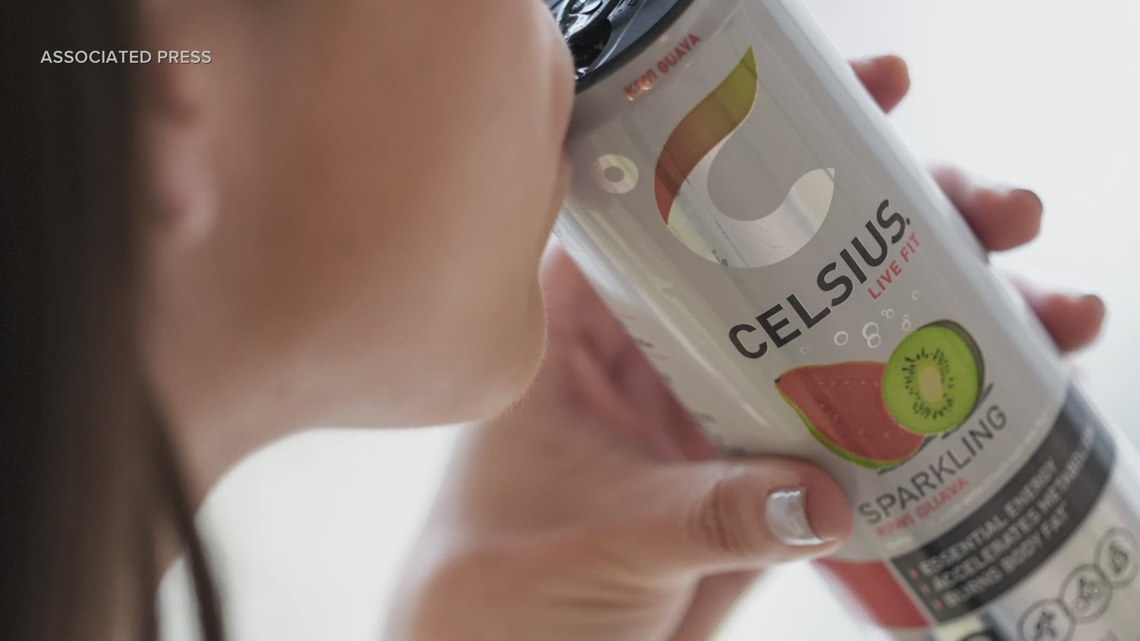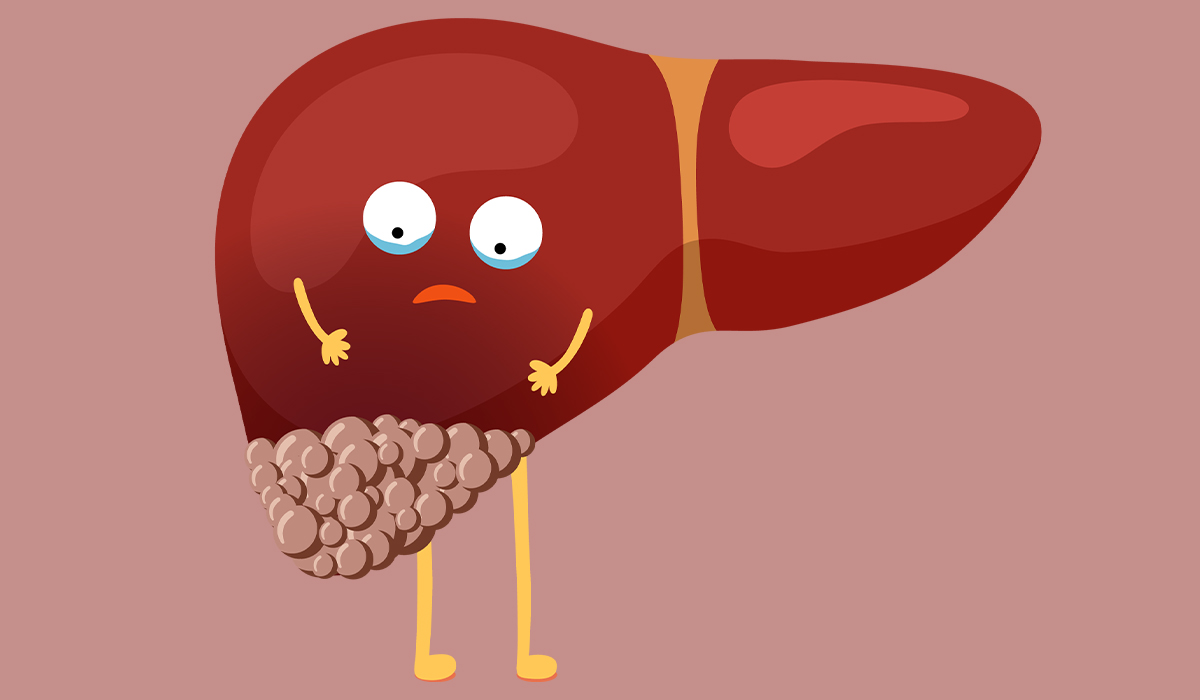Celsius Liver Damage: Understanding The Risks And How To Protect Yourself
Hey there, have you ever wondered about the connection between celsius temperatures and liver damage? Sounds weird right But hold up, it’s not about the temperature itself It’s about how we interpret and react to certain conditions that might affect our health So buckle up, because we’re diving deep into the world of celsius liver damage, and trust me, this is gonna be an eye-opener
Let’s be real here, our livers are like the superheroes of our bodies They work tirelessly to filter out toxins, produce essential proteins, and store vital nutrients But sometimes, external factors can mess with their game, and that’s where things get tricky In this article, we’re gonna explore how certain conditions, measured in celsius, can impact liver health
Now before you start panicking, let’s clarify something Celsius liver damage isn’t exactly a direct thing It’s more about understanding how extreme temperatures, lifestyle choices, and other factors can harm our livers By the end of this article, you’ll have all the info you need to protect your liver like a pro So, are you ready to level up your health game?
Read also:Onlyfans Brooke Monk Rising Star In The Digital Age
What is Celsius Liver Damage?
Alright, let’s break it down Celsius liver damage isn’t a medical term, but it’s a concept that ties together temperature-related stress and liver health Think about it this way when your body is exposed to extreme temperatures, whether hot or cold, it triggers a series of physiological responses These responses can sometimes put extra strain on your liver, especially if you’re already dealing with underlying health issues
How Temperature Affects Liver Health
Here’s the deal your liver is like the control center of your body’s metabolism When you’re exposed to extreme temperatures, your body works overtime to maintain balance This can lead to increased oxidative stress, inflammation, and even cellular damage All of these factors can impact liver function over time
For example, during a heatwave, your body might produce more free radicals to cope with the heat These free radicals, if left unchecked, can damage liver cells Similarly, in cold conditions, your body might burn more energy to stay warm, which can deplete vital nutrients that your liver needs to function properly
Common Causes of Liver Damage
Now let’s talk about the main culprits behind liver damage It’s not just about temperature here are some common factors that can contribute to liver issues
- Excessive alcohol consumption
- Unhealthy diet
- Obesity
- Viruses like hepatitis
- Prolonged exposure to toxins
And guess what? Extreme temperatures can exacerbate these issues So if you’re already dealing with one of these factors, adding temperature stress to the mix can make things worse
Understanding Liver Function
Your liver is a powerhouse It performs over 500 functions in your body, from detoxifying your blood to producing bile for digestion But here’s the thing when your liver is under stress, it can’t perform these functions efficiently This can lead to a buildup of toxins, fatigue, and even more serious health issues
Read also:Mary Hart Husband Net Worth The Inside Scoop On The Man Behind The Legend
Key Functions of the Liver
Let’s dive into some of the liver’s most important roles
- Detoxifying harmful substances
- Producing bile for digestion
- Storing glycogen for energy
- Regulating blood clotting
See how vital the liver is? That’s why it’s crucial to protect it from anything that might harm it, including temperature-related stress
Extreme Temperatures and Liver Stress
Alright, let’s talk about extreme temperatures and how they can affect your liver When your body is exposed to extreme heat or cold, it triggers a stress response This response can lead to increased inflammation and oxidative stress, both of which can harm your liver
Heat Stress and Liver Health
During a heatwave, your body might produce more free radicals to cope with the heat These free radicals can damage liver cells over time Additionally, dehydration, which is common in hot weather, can reduce blood flow to the liver, making it harder for it to function properly
Cold Stress and Liver Function
In cold conditions, your body might burn more energy to stay warm This can deplete vital nutrients like vitamins and minerals that your liver needs to function properly Plus, cold weather can increase blood pressure, which can put extra strain on your liver
Protecting Your Liver from Temperature Stress
Now that we’ve talked about the risks, let’s focus on solutions Here are some tips to protect your liver from temperature-related stress
- Stay hydrated drink plenty of water, especially in hot weather
- Eat a balanced diet rich in antioxidants and vitamins
- Limit alcohol consumption
- Exercise regularly to improve circulation
- Get enough sleep to allow your body to recover
By following these tips, you can help your liver stay strong and healthy, no matter the temperature outside
Signs of Liver Damage
It’s important to know the signs of liver damage so you can seek help early Here are some common symptoms
- Jaundice yellowing of the skin and eyes
- Fatigue and weakness
- Abdominal pain and swelling
- Loss of appetite
- Nausea and vomiting
If you experience any of these symptoms, don’t ignore them Talk to your doctor right away
Preventing Liver Damage
Prevention is key when it comes to liver health Here are some long-term strategies to keep your liver in top shape
- Maintain a healthy weight
- Get vaccinated for hepatitis
- Avoid exposure to toxins
- Practice safe sex to prevent hepatitis transmission
By taking these steps, you can reduce your risk of liver damage and keep your body running smoothly
Expert Insights on Liver Health
According to a study published in the Journal of Hepatology, maintaining a healthy lifestyle is crucial for liver health Researchers found that regular exercise and a balanced diet can significantly reduce the risk of liver disease
Dr Sarah Thompson, a leading hepatologist, says “Your liver is like a sponge It absorbs everything you put into your body So be mindful of what you eat, drink, and expose yourself to”
Conclusion
Alright, we’ve covered a lot of ground today From understanding celsius liver damage to learning how to protect your liver from temperature stress, you now have all the tools you need to keep your liver healthy
Remember, your liver is an amazing organ, but it needs your help to stay strong So drink plenty of water, eat a balanced diet, and avoid extreme temperatures whenever possible And if you’re ever feeling unsure, don’t hesitate to talk to your doctor
Now it’s your turn What steps will you take to protect your liver? Leave a comment below and let me know Also, don’t forget to share this article with your friends and family Let’s spread the word about liver health together
Table of Contents
- What is Celsius Liver Damage?
- Common Causes of Liver Damage
- Understanding Liver Function
- Extreme Temperatures and Liver Stress
- Protecting Your Liver from Temperature Stress
- Signs of Liver Damage
- Preventing Liver Damage
- Expert Insights on Liver Health
- Conclusion


